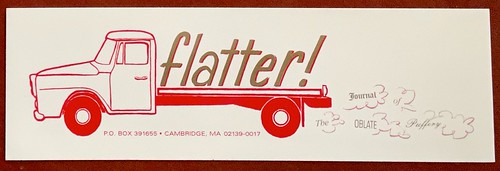I especially liked the part about The Yellow Press, which was sometimes edited right here in the house we now call Meadhouse:
[In high school,] Wikler and his friends had founded a satirical publication called The Yellow Press.... The newspaper... dovetailed with the rise of another Madison-area satirical publication, The Onion, where he later worked part-time as a headline writer. But while The Yellow Press included [silly topics] and occasionally rankled an administrator or two — an article titled “Prom Night Is Such a Romantic Night to Get F-----” landed the kids in hot water — the paper included serious subject matters. ...




